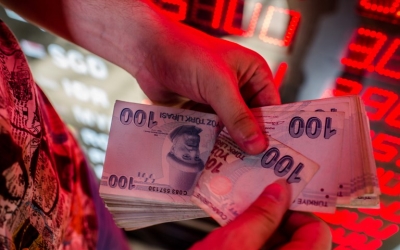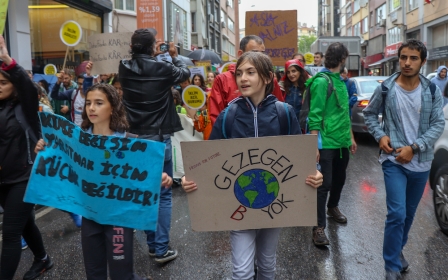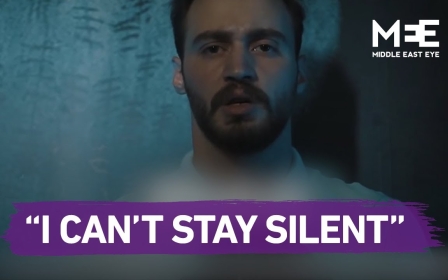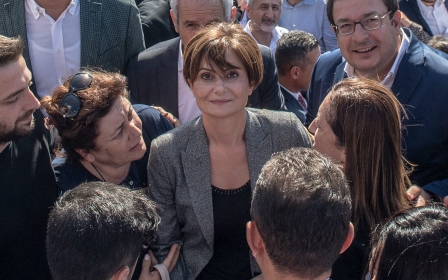Turkey set to reform controversial laws used in crackdown on free speech
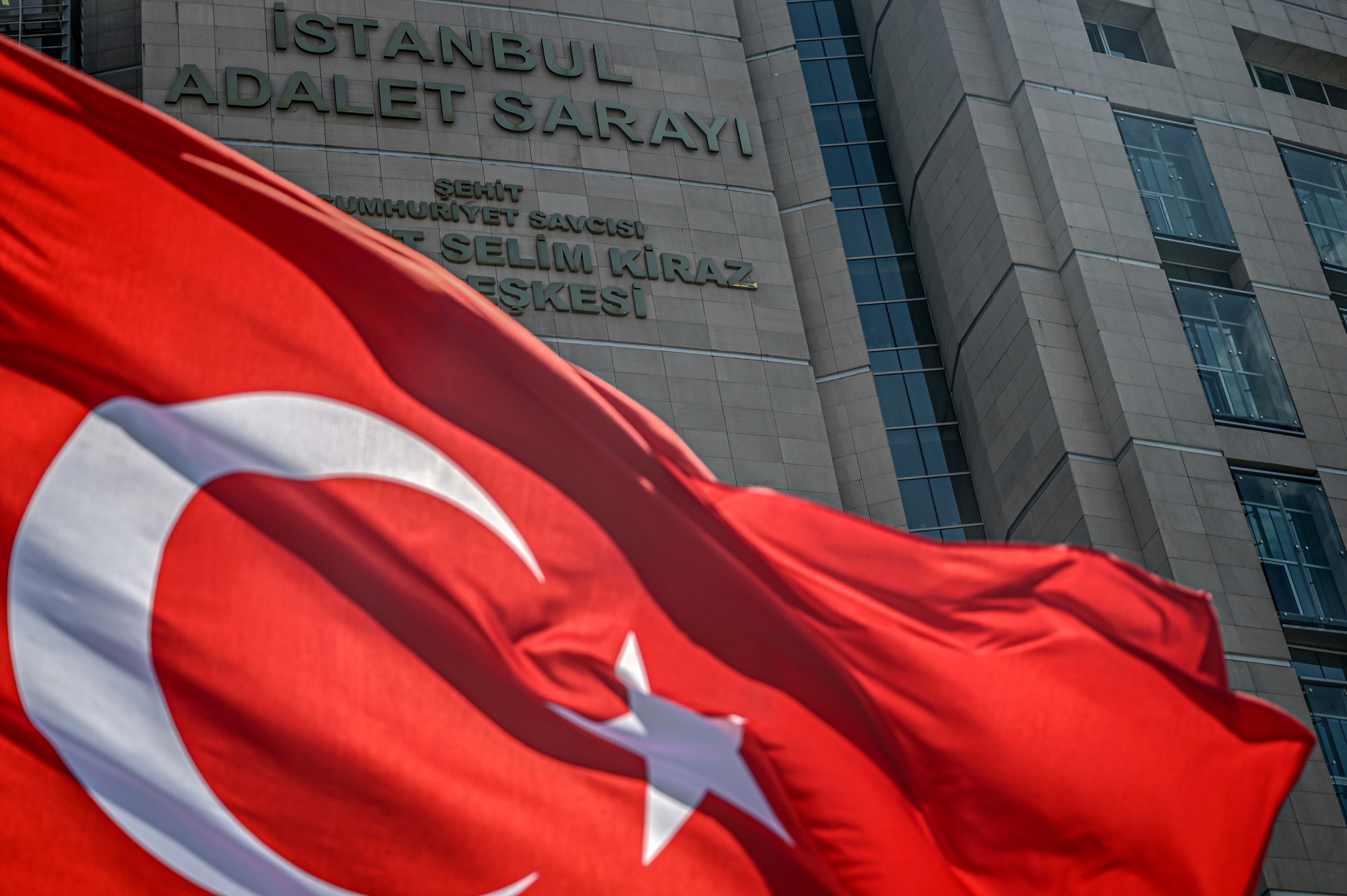
Controversial laws accused of muzzling free speech and targeting opposition are set to be reformed after Turkey's ruling Justice and Development Party (AKP) introduced a new draft package to parliament on Tuesday.
The reforms intend to reduce the mass convictions handed to individuals over charges such as insulting the president and disseminating terrorist propaganda, which have become increasingly common in recent years.
Parliament, which opens on Tuesday, is set to debate on the amendments as the first order of business.
With the AKP and its allies holding a parliamentary majority, officials expect the draft legislation to be quickly ratified after minor changes in the parliamentary committees. The opposition parties consider the move as positive but not yet satisfactory.
One of the central aims of the package is meeting the criteria set by the European Union that would allow Turkish citizens visa-free travel to Europe. Brussels has demanded a change in the Turkish counter-terror law that would slash its scope.
The new law that amends Article 7 makes it clear that expression of opinion within news dissemination purposes and criticism cannot constitute a crime.
Though Turkish citizens have been prosecuted under the article since its implementation in 2015, there was been a huge uptick in cases since the July 2016 coup attempt.
Since 2016, prosecutors have used the article to go after at least 700 Turkish citizens who were among 2,000 "academics for peace" that signed a petition criticising a military crackdown in the Kurdish-dominated south-east.
The constitutional court, by setting a precedent, overturned the conviction decision against 200 of them because it violated fundamental rights and freedoms.
Many of those prosecuted under the article were targeted over posts made on social media, a development decried by human rights groups.
The changes will also end the court practice of blocking entire websites over content deemed dangerous or unacceptable. Judges will be able to censure specific content rather than the complete outlet.
Wikipedia remains blocked in Turkey due to two articles posted on the website that accused the country of financing terror and linked the government to illicit dealings.
Insulting the president
The draft law will enable those convicted on charges of insulting the president and the Turkish nation, or violating the protest law, to appeal their case in the court of cassation, something that was impossible before.
The Turkish justice ministry’s "Judicial Statistics 2018” report stated that 26,115 criminal investigations were conducted last year against individuals who allegedly insulted President Recep Tayyip Erdogan, a 30 percent increase on the year before.
The law punishes offenders with up to four years in prison. Of the 2018 cases, Turkish courts convicted 2,462 individuals, including 19 children and 12 foreigners. Only 687 of those received prison sentences, however.
The draft law reduces the maximum pre-trial detention time for suspects facing charges for lesser crimes from one year to six months, and for heavy crimes from two years to one.
'There are several positive elements but it doesn’t address fundamental problems within the judiciary, only offering palliative solutions'
- Omer Faruk Gergerlioglu, human rights commission
Turkish prisons are overwhelmed with the number of new inmates since the failed coup attempt in 2016. Prisons are hosting more than 260,000 people, according to a report released last January. Thirty-four percent of them are yet to be convicted of any crime.
Turkish Treasury and Finance Minister Berat Albayrak suggested on Monday that the reform package could help encourage foreign investors to move funds into the country.
The package includes fundamental changes, such as introducing plea bargains and pre-trial negotiations for the defendants, that are expected to decrease judicial overload and shorten trial times.
Turkey's opposition has cautiously welcomed the package, but parties have said they were excluded from the initial drafting.
“There are several positive elements but it doesn’t address fundamental problems within the judiciary, only offering palliative solutions,” Omer Faruk Gergerlioglu, a member of the parliamentary human rights commission, said last week.
Gokcer Tahincioglu, a prominent columnist at independent news platform T24, said that the package falls short of satisfying expectations regarding freedom of thought and expression.
“The EU conveyed its concerns regarding the vague definition of terror crimes in the penal code five years ago. There are no steps to address that issue,” he wrote.
“It is again up to judges to decide what the news is, or what freedom of expression is. It won’t change current practices.”
Middle East Eye delivers independent and unrivalled coverage and analysis of the Middle East, North Africa and beyond. To learn more about republishing this content and the associated fees, please fill out this form. More about MEE can be found here.


